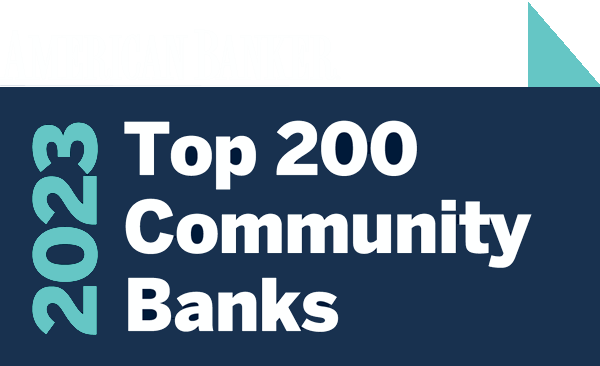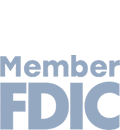Manage Your Personal Finances
MAINSTREET BANK
Regardless of what stage of life you’re in, knowing how to manage money can be tricky.
Many people don’t know where to begin and, as a result, avoid it altogether. Taking a hold of your finances is as simple as considering where and how to spend your money to make the best use of it.
The best route is to learn the tricks of the trade and simply dive in. Here are four tactics on how to manage money better to get you started.
How To Manage Personal Finances
1. Create & Stick To A Budget
Budgeting is undoubtedly one of the best ways to strategically manage your money.
At the start of every month, know the amount you’ve historically spent on both essentials and non-essentials. Essentials may include rent, food, gas, and insurance, while non-essentials may include clothes, entertainment, and leisurely travel.
Take your monthly income, then subtract your average monthly spend on essentials to see how much “wiggle room” you have left for the non-essentials. If you have no clue where or how you typically spend your money, take the time to look at your past few bank statements and do the math.
Budgeting is as simple as spending your money strategically and tracking where it goes. If you want to be very diligent about it, save receipts and record them in a daily spending log.
More than likely, you’ll find some money in your “wiggle room” budget that you can put towards your savings.
2. Put Money In Your Savings
While it can be tempting to keep all of your money easily accessible to you in your checking account, it’s important to store some of it (roughly 20%) in savings.
Whether it be in a regular savings account, a 401k or both, by keeping your money solely in your checking, you’re not earning interest and therefore are missing out on higher returns.
If you haven’t already, it’s smart to open a 401k while you’re young because not only will you have more money come retirement, but you’ll get a bigger and better return since you’re saving for a longer period of time.
While many people are under the impression that they need all of their paycheck to survive, this is almost never the case. The smartest route to take is staying comfortable at your first and most basic standard of living (that you were at when you received your first ever paycheck).
As your paycheck increases as you advance in your career, your 401k contribution should stay the same or even increase. While it can be tempting to spend the extra money on luxurious non-essentials, that cash should go towards your future retirement.
You’ll thank yourself later.
3. Pay Off Debt
Debt follows you, which is why paying off debts from your past is just as important as saving for the future.
Whether it’s a mortgage, student loan, or you’ve overdrafted on your debit card, creating a plan to pay off your debt is essential when it comes to how to manage personal finances.
There are a few ways you can go about doing this. One is by carving out money to pay off your debt when you create your monthly budget. This should fall under the “essentials” column.
You should also:
Pay off more than the minimum balance when possible to accelerate the process.
Temporarily stop using your credit card (use other, more final payment methods instead).
In severe cases, sell valuable items and put your earnings toward your debt.
Your typical spend on non-essentials should also be reallocated to paying off your debt whenever possible.
4. Familiarize Yourself With Money Management Sources
When it comes to managing personal finances, advice from experts is invaluable.
If you’re learning how to manage money for the first time, you may run into a few bumps along the road. Your personal finances — and the economy — is ever-changing, which is why it’s important to stay in-the-know on money management best practices.
While consulting with a local financial advisor can be extremely helpful, there are other places you can go to receive tips and updates on how to manage personal finances.
There are dozens of great apps, personal finance podcasts and financial magazines designed to keep you in-the-know and on track. Do your research and discover what avenues of personal financial education suits you best.
Save Today With MainStreet Bank
At MainStreet Bank, we go above and beyond to ensure you efficiently manage your personal finances. As a community bank, we care about the success of our local residents and serve not only as a bank, but as a consultant and partner.
Open a savings account with MainStreet today, or drop by your local branch to chat with a team member about your savings options.


